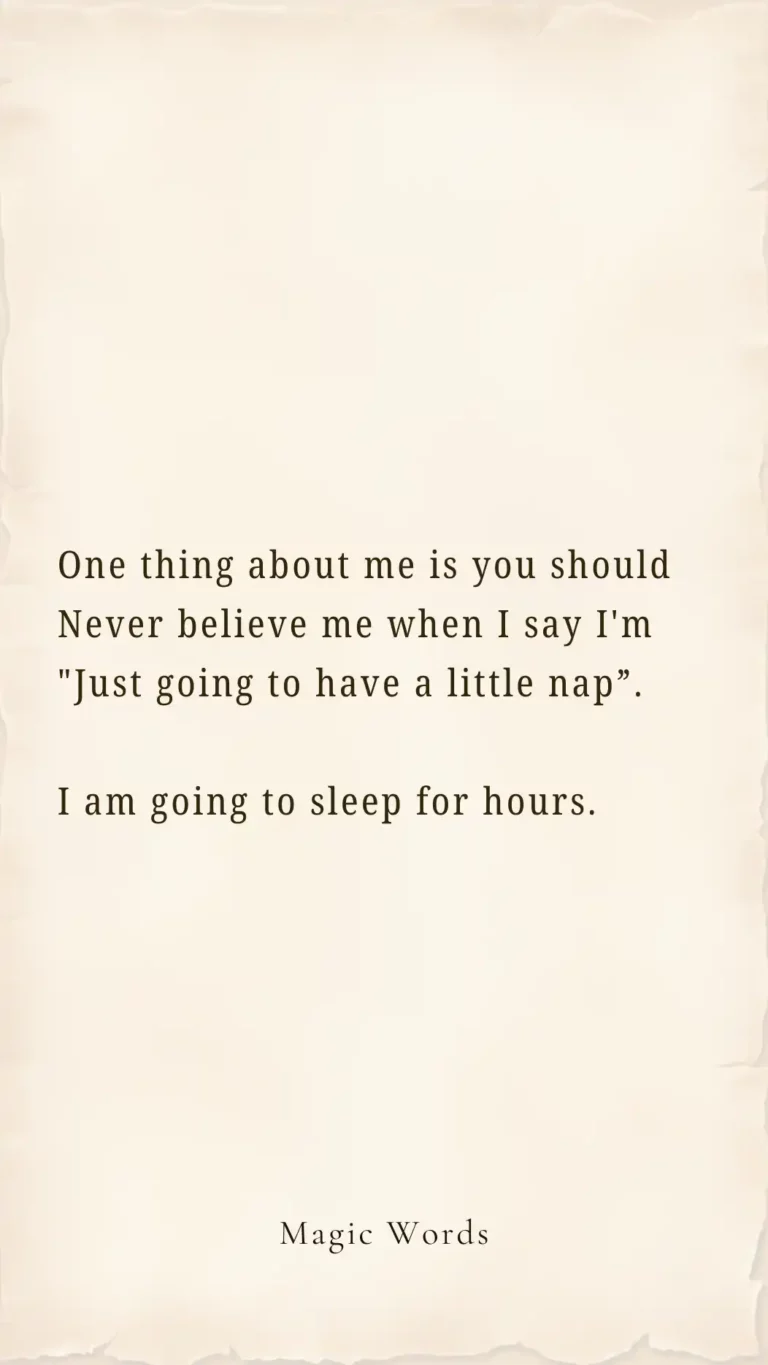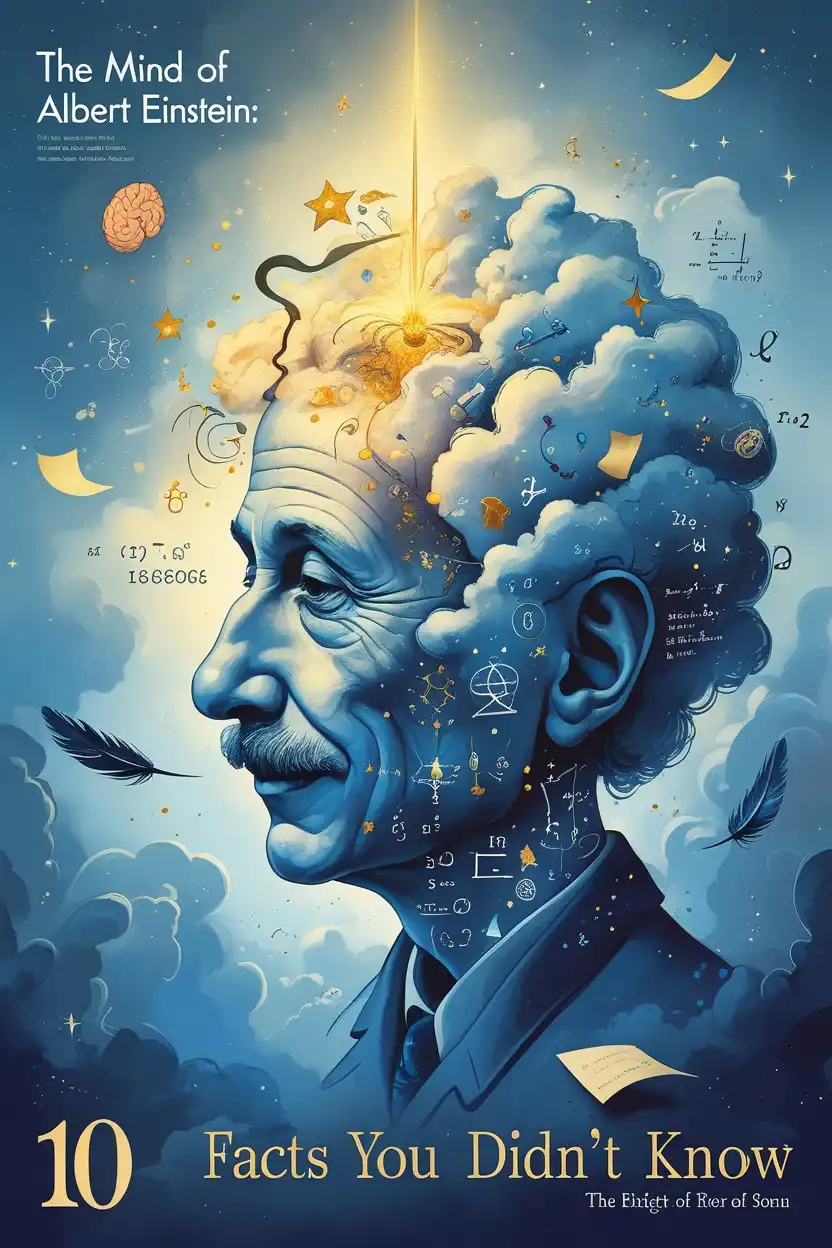One Thing About Me: Never Believe Me When I Say I’m “Just Going to Have a Little Nap”
We’ve all been there – the moment when you tell yourself (and others), “I’ll just take a quick nap.” But if you’re anything like me, that “little nap” turns into an unplanned marathon sleep session. One thing about me is that you should never believe me when I make this claim. Why? Because I’m not just napping; I’m embarking on a journey into the depths of uninterrupted slumber for hours.
The Art of the “Little Nap” Lie
Let’s be honest. The phrase “just a little nap” is often a comforting lie we tell ourselves to justify giving in to exhaustion. Whether it’s after a long day at work, a big meal, or simply because life feels overwhelming, the idea of closing your eyes for 20 minutes sounds harmless. But for people like me, it’s never just 20 minutes. It’s two hours. Or three. Or, let’s face it, sometimes even longer.
The problem is that I genuinely believe my own words when I say them. I set an alarm, promise myself I’ll wake up soon, and convince everyone around me that I’ll be back in no time. But once my head hits the pillow, all bets are off. My body takes over, and before I know it, the sun has set (or risen).
Why Do “Little Naps” Turn Into Big Sleeps?
There are several reasons why a short nap can spiral into a full-on sleep session:
- Sleep Debt: If you’ve been skimping on proper rest, your body is likely to take advantage of any opportunity to catch up on lost sleep.
- Comfortable Environment: The cozy bed, dim lighting, and quiet atmosphere can lull you into deeper sleep than intended.
- Natural Sleep Cycles: A typical sleep cycle lasts about 90 minutes. If you don’t wake up at the right point in your cycle, you may drift back into another one.
- Stress and Fatigue: Emotional or physical exhaustion can make your body crave more rest than usual.
Is Long Napping a Bad Thing?
While napping can be incredibly restorative, oversleeping during the day can sometimes disrupt your nighttime sleep routine. This can lead to grogginess, confusion, or even insomnia later on. However, if your body is asking for rest, it’s important to listen to it – just don’t expect to wake up on time if you’re like me!
Tips for Keeping Naps Short
If you want to master the art of the true “little nap,” here are some tips to try:
- Set Multiple Alarms: Place them across the room so you have to physically get up.
- Nap Strategically: Aim for 20-30 minutes to avoid entering deep sleep cycles.
- Avoid Oversleep Triggers: Nap on the couch instead of your bed to keep things less cozy.
- Stay Consistent: Stick to a regular sleep schedule so naps don’t become a necessity.
FAQ
Q: Why do I feel groggy after a long nap?
A: This is due to “sleep inertia,” which occurs when you wake up during deep sleep instead of lighter stages.
Q: How long is the ideal nap?
A: Experts suggest 20-30 minutes for a quick energy boost without interfering with nighttime sleep.
Q: Is napping every day bad?
A: Not necessarily! Short naps can improve focus and energy levels. However, excessive napping might indicate underlying sleep issues.
In conclusion, if I tell you I’m “just going to have a little nap,” don’t believe me. It’s not a quick recharge; it’s a full-on hibernation. And honestly? I wouldn’t have it any other way.





